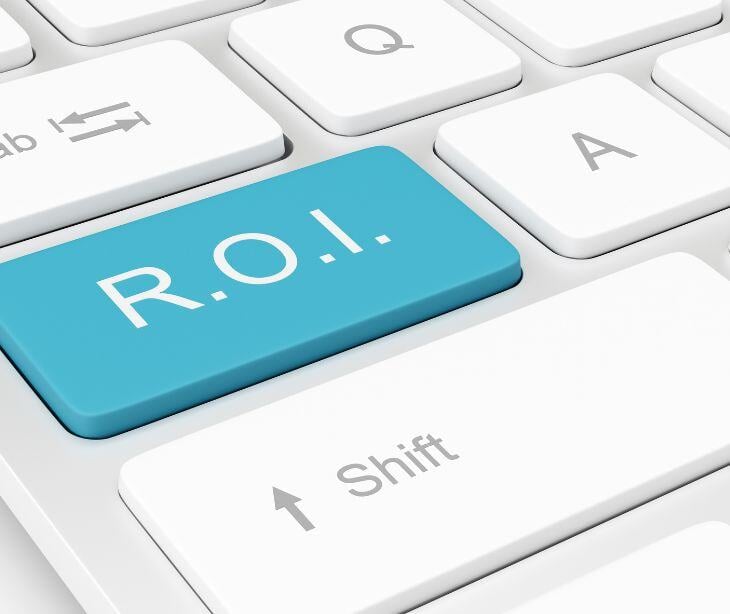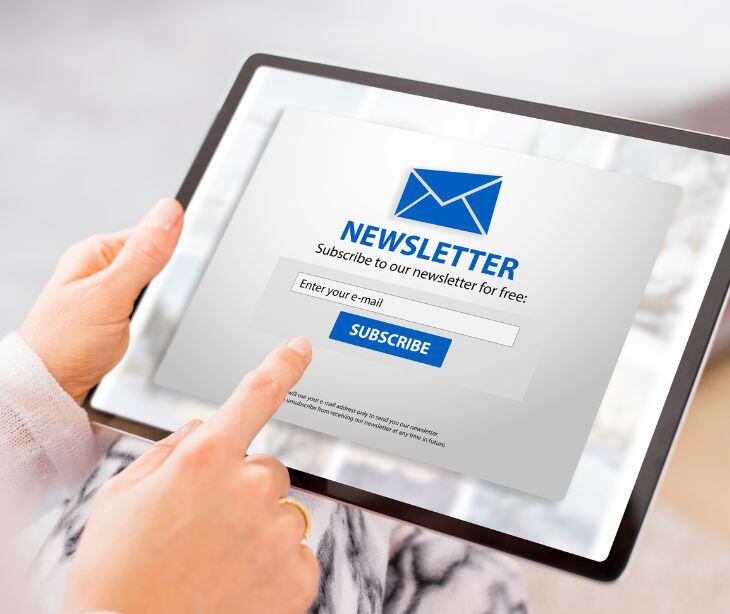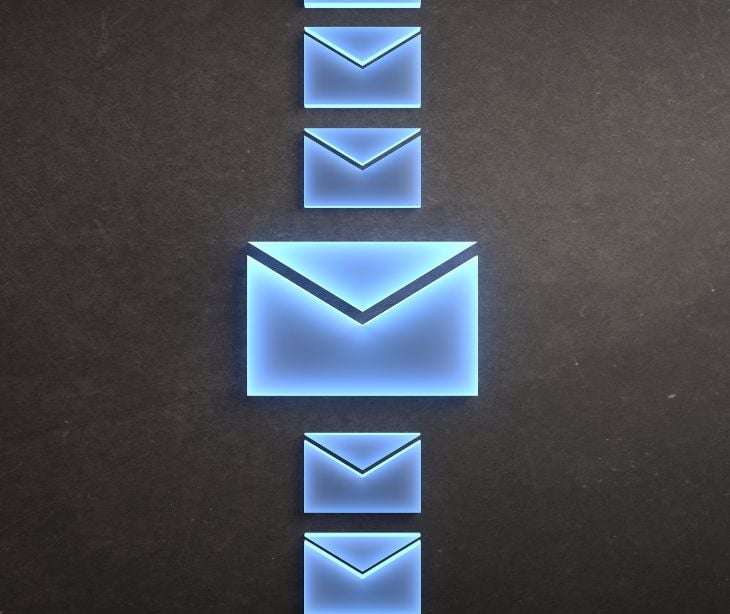
Return on investment (ROI) is a performance metric that helps determine the efficiency of an investment, like a marketing campaign. As of April 2024, the average ROI for email marketing was $42 for every $1 spent. Understanding this and measuring ROI supports organizations trying to identify potential successes and problems with email marketing.
Moreover, it can encourage and ensure HIPAA compliant strategies in the healthcare industry. How can healthcare organizations maximize the potential of email marketing to ensure a high ROI? Additionally, how can healthcare practitioners balance HIPAA compliance with having a successful email campaign?
Healthcare email marketing: what you need to know
HIPAA rules and regulations provide a framework to do healthcare marketing properly and compliantly while safeguarding protected health information (PHI). The HIPAA Privacy Rule regulates how practitioners use PHI for marketing. Then, the HIPAA Security Rule states that covered entities must implement security protocols that protect the "confidentiality, integrity, and security of [electronic PHI (ePHI)].”
Email marketing keeps patients informed about organizational news, appointments, wellness tips, and services. It offers organizations a direct channel to patients to educate and inform, and of course, promote themselves. Like all forms of communication that might contain PHI, an email must be HIPAA compliant. In general, if communication is considered “marketing,” it can only occur after obtaining an individual’s “authorization.” Likewise, HIPAA requires that organizations use safeguards to store and transmit PHI safely
Patients want to use and receive email communication and do engage with healthcare marketing emails. When done correctly, email becomes a perfect vehicle for patient care.
Why does email marketing have a high ROI?
Email marketing is an effective communication channel for healthcare, with high engagement numbers and a strong ROI. As of December 2023, marketers worldwide reported a two-time improvement rate in email marketing investments.
There are several reasons that email marketing has a high ROI that point to the simplicity and omnipresence of email. For example, email communication:
- Only requires an email address, consent, and some kind of content
- Has a low barrier to use and receive
- Lets organizations reach diverse groups of customers on numerous topics
- Offers a low-cost solution to reach an audience
- Can easily be set up for automation
Related: A healthcare email marketing ROI calculator
Maximizing ROI in a HIPAA compliant email campaign
According to recent statistics, more than two-thirds of all healthcare organizations use email to communicate with and promote their services. Only a fraction of these healthcare providers have learned how to maximize their ROI. Here are some tips to exploit your email marketing campaigns, achieve a high ROI, and increase your ability to strengthen patient care.
- Build your email list organically and don’t purchase an already prepared list or include people without their permission.
- On top of this, ensure that patients can subscribe and unsubscribe easily.
- Use segmentation to further personalize email campaigns and send communication to those who want to receive it.
- Personalize email messages as much as possible, adding in detail while avoiding the use of or reliance on PHI.
- Use email automation technologies to save time, effort, and costs.
- Avoid spammy-looking subject lines and email content to dodge the spam folder.
- Optimize email messages for mobile devices for better reach and convenience.
- Survey, audit, and check email performance regularly using ROI and other metrics.
By understanding ROI, you can get a clear picture of your marketing campaigns and make informed decisions on marketing budgets and future strategies.
How to stay compliant and have a high ROI
Healthcare organizations must enact certain security measures and follow certain guidelines to stay HIPAA compliant while maximizing the use of email marketing. Here are some of the best tips and practices for HIPAA email compliance.
- Use a HIPAA compliant email service. Healthcare vendors entrusted with PHI must sign business associate agreements (BAAs). These email providers should ensure that organizations are always sending direct, secure, and encrypted email messages.
- Get patient authorization to use healthcare email marketing. Covered entities need to obtain explicit, informed consent before sending marketing communications.
- Employ sound cybersecurity to protect email and PHI. Measures to enact for a strong security program include encryption, access controls, blocked-off storage, and offline backup.
- Ensure policies and procedures are up to date and followed. Policies state how organizations meet HIPAA requirements while procedures provide specific actions. Both, along with up-to-date staff training, are essential for keeping healthcare communication secure.
FAQs
Can patient information be sent via email?
According to the U.S. Department of Health and Human Services (HHS), “the Security Rule does not expressly prohibit the use of email for sending e-PHI.” However, covered entities must implement policies and procedures based on HIPAA standards for access control, integrity, and transmission security of ePHI. These measures must “protect the integrity of, and guard against unauthorized access to e-PHI.”
Is it legal to send marketing emails to individuals covered by HIPAA regulations?
Sending marketing emails to individuals covered by HIPAA regulations is not inherently illegal, but it must be done in compliance with HIPAA rules to ensure the protection of patients' sensitive health information. HIPAA sets strict standards for the use and disclosure of protected health information (PHI), including in marketing communications.
Why is safeguarding PHI required by HIPAA?
HIPAA's regulations protect personal information against unauthorized access, mitigating potential financial and reputational damages by preventing identity theft. Safeguarding PHI also reduces the risk of discrimination based on health information, promoting fairness in employment, insurance, and social contexts. Ultimately, HIPAA's emphasis on PHI protection is a cornerstone in building a reliable and patient-centric healthcare system.
Subscribe to Paubox Weekly
Every Friday we'll bring you the most important news from Paubox. Our aim is to make you smarter, faster.



